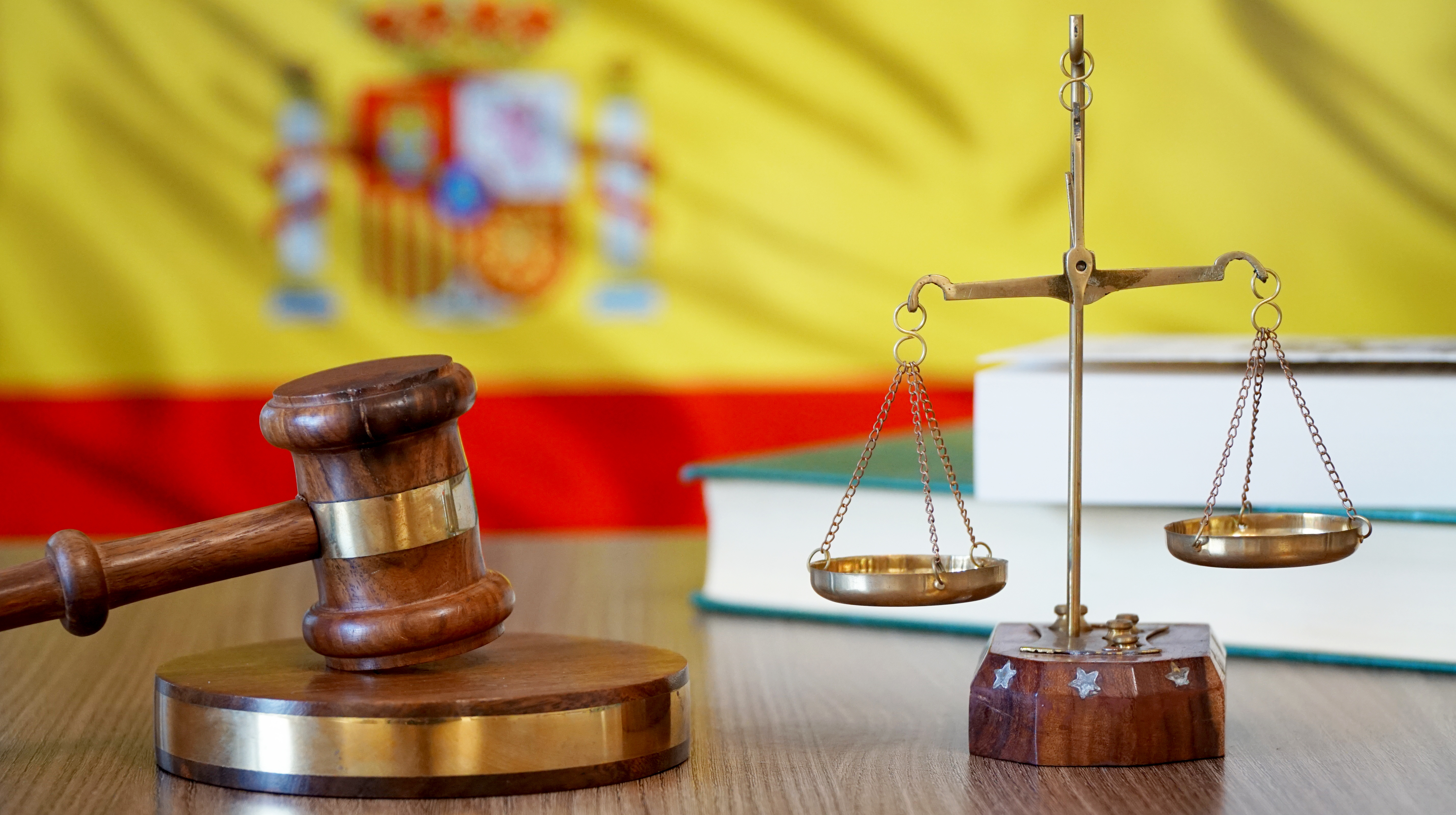[ad_1]

The Spanish government is set to create crypto-related clauses in the nation’s Criminal Code – in a bid to close loopholes and help police fight Bitcoin (BTC) and altcoin-powered crime.
Cronista reported that the ruling coalition parties – the Spanish Socialist Party (PSOE) and Unidas Podemos – tabled a parliamentary measure proposing a change to the relevant legislation.
The parties claim that “computer-powered” crime has “grown exponentially” in recent years along with the growth of the internet. But, they explained, existing laws pertaining to fraud and other crimes do not include mention of “intangible” forms of payment – and only to fiat.
As such, the government claimed, the time has come to include “immaterial means of payment” in the Criminal Code. It added that these “means” could be interpreted to mean “virtual currencies and other transferable cryptoassets.”
The government explained that tokens “can be used to make payments.” As such, it feels that provisions need to be created for courts and police officers who are trying to prosecute criminals who use crypto.
But will likely attempt to avoid including much more in the way of detail about crypto in the amendments.
Instead of mentioning cryptoassets by name, the amendments will make mention of “other payment instruments besides cash.”
The government said it hoped this wording would be “broad enough” to allow judges and law enforcers the “necessary flexibility” to “adapt to rapid tech advances.”
Will the Spanish Government Succeed in Its Bid?
The amendments are likely to pass unchallenged in parliament, where they will be bundled with a range of other proposed changes to the Criminal Code. The government also wants to increase the penalties for insider trading-related crimes in line with EU law.
Earlier this year, that nation’s police force announced it would be spending $115,000 on crypto monitoring technology as part of its efforts to combat drug smuggling.
And crypto awareness is on the rise in Spain. Some 76% of Spaniards recently said they know about crypto, and a third claimed to understand how coins are regulated in their country.
[ad_2]
cryptonews.com




